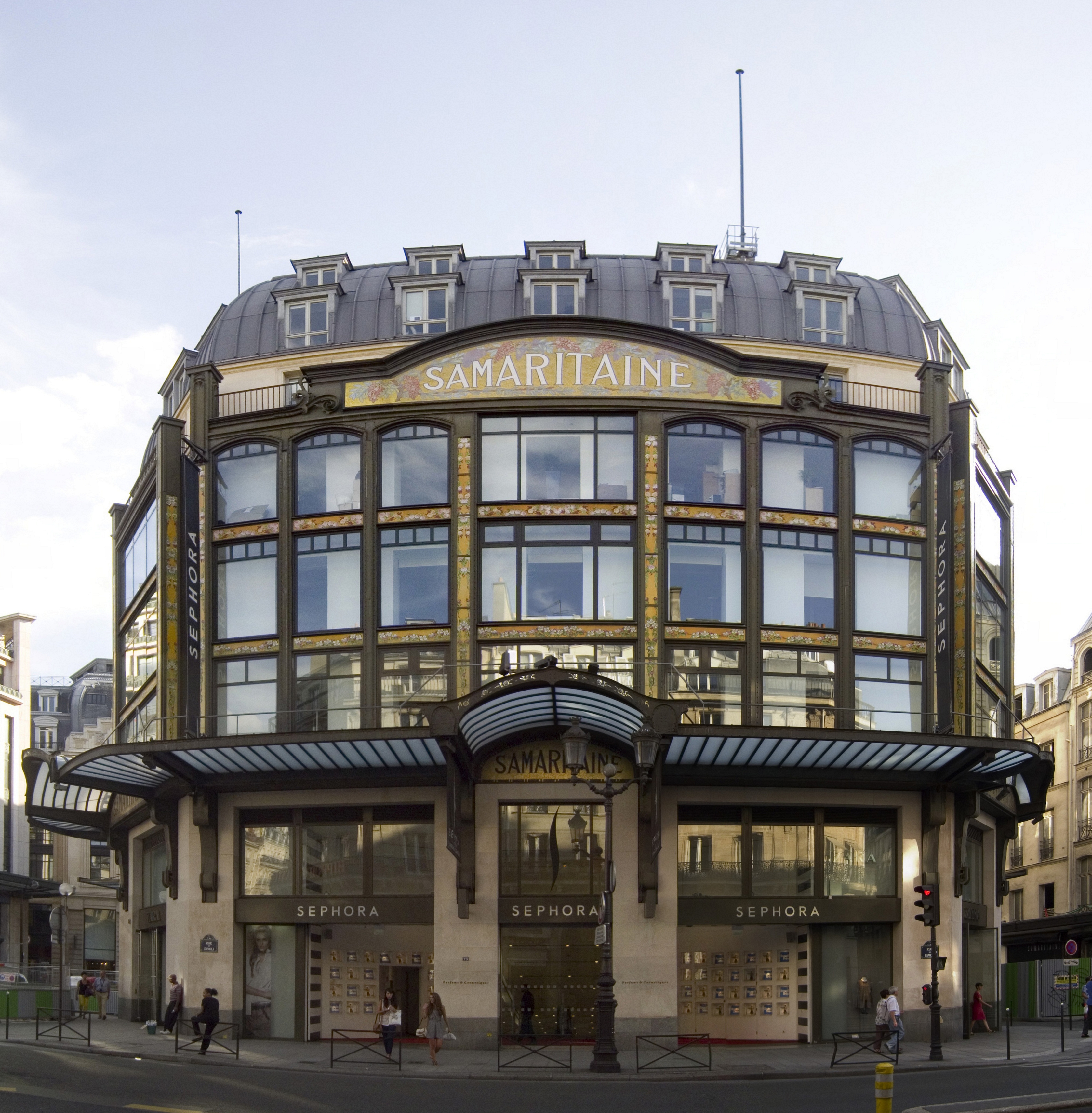 |
| Panama Canal construction - 1896 |
The first article is on Le Figaro's '100 Years Ago' pages, and it recounts the interesting story of how the Panama Canal was imagined by the French, but built and exploited by the Americans.
Various countries and leaders had dreamed of building the canal since as early as the 1500s, but the French would be the first to try. Construction began in 1881 with major funding from both industry and the state, but the project soon proved to be more difficult than had initially been planned. It was eventually abandoned due to a combination of the ill-prepareness of geological and other studies, insufficiently trained engineers with little experience, unexpectedly high death rates among the workers due to malaria, poor equipment, financial mismanagement and political corruption. The fiasco had cost a fortune in lost investment and the loss of 22,000 lives due to illness and accidents.
The result was that the United States - who were also interested in building a canal - subsequently took over the project and finished it successfully thanks to better preparations and more expertise in the field of construction. France had conceded what would have been a major commercial and geopolitical advantage to America and its influence in South America has never fully recovered to this day.
I then went to Nouvelobs' site where I came across an article with the headline 'The French invent lots of things, and foreigners profit from them'. The article discusses the results of an international classification of countries according to the number of patents for newly-invented products they produce, and at first glance France does very well indeed seeing as it takes third place.
But the good news stops there. France may possess more patents than many other countries but the vast majority of the money it makes from them comes from selling them to foreign countries, who then go on to transform the prototypes and theoretical expertise they have just bought into sellable - and profitable - products. The country's technological prowess may be excellent, but France's industrial trade balance is in deficit.
French Minister for Higher Education and Research recently summed up the situation with the following statement, made during a parliamentary speech;
"We must overcome the valley of death that separates research and innovation here in France. [...] French mentalities have been recalcitrant with respect to the links between the academic world, the world of research, and industry for far too long." She pleads for improvements in the way France looks at intellectual property "..to ensure that the excellence of our research, which is financed by public money, is not pillaged by others."So there we have it. Two examples over a 100-year timespan that demonstrate France's ability to imagine and begin projects only to fail to capitalise on them due to a lack of vision and foresight. It would seem then that France is indeed "..good at inventing things but bad at selling them'.
But does that really matter? After all, France is still one of the top six economies in the world and the French, despite their penchant for complaining, enjoy one of the highest standards of living in the world.
I am reminded of another expression that the French often use to describe themselves. It says that the French are 'sweet dreamers'. Perhaps they are after all, and there's nothing wrong with that in my book.

















































